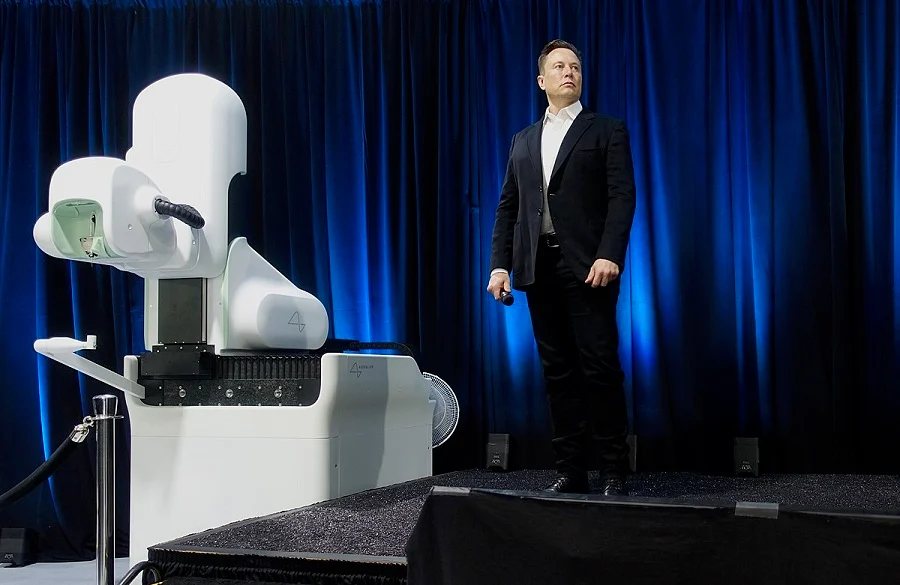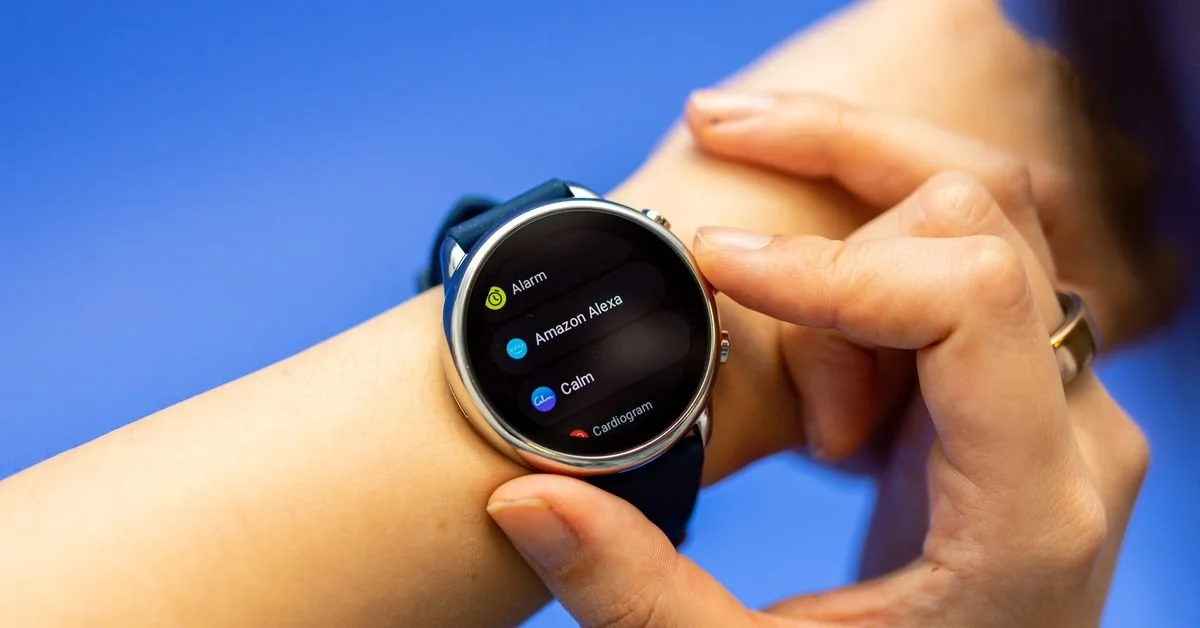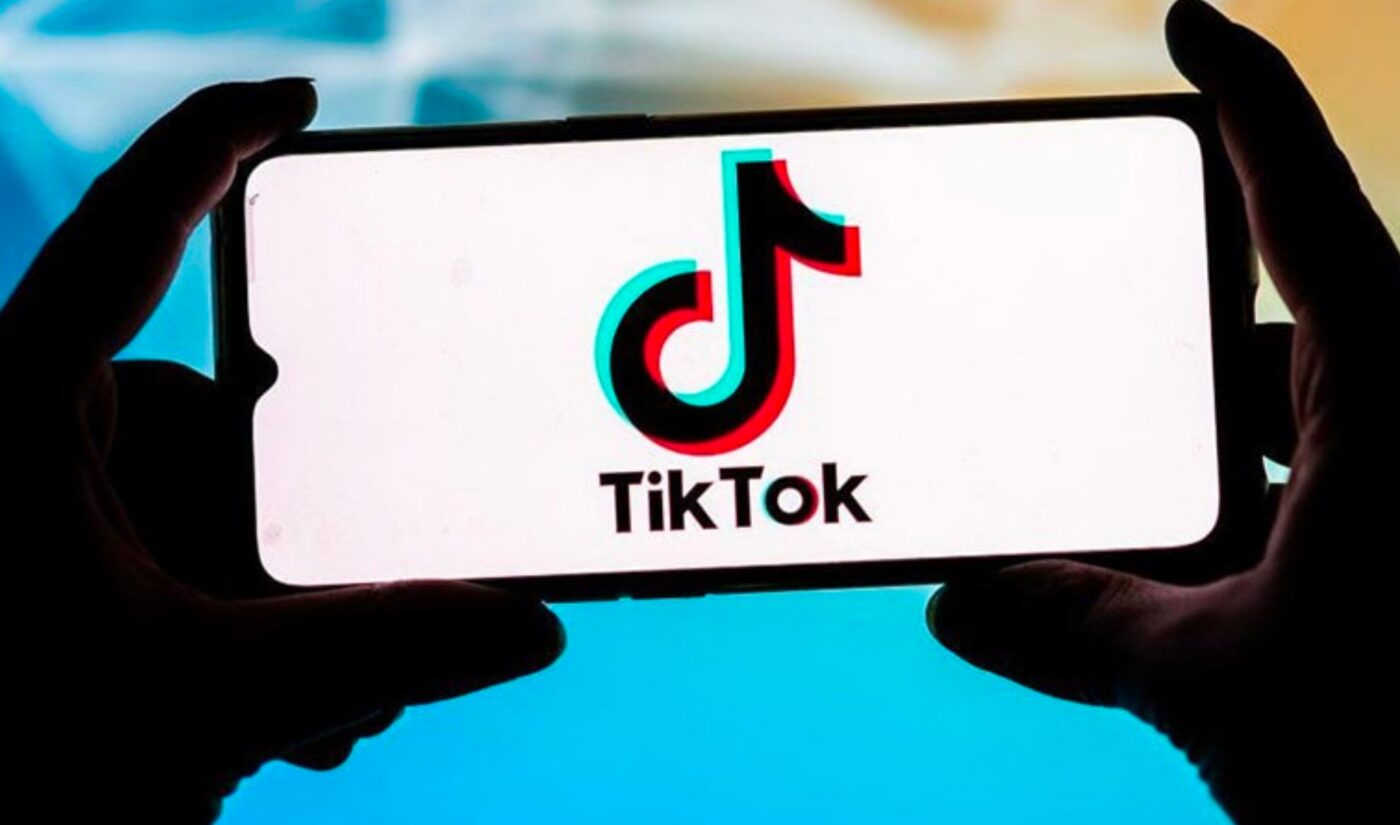Elon Musk Spills the Beans. Hold onto your hats, folks! Elon Musk just dropped a bomb on Twitter (now X), announcing that Neuralink, his brain-machine gizmo company, successfully stuck one of its wireless brain chips inside a human being. Yeah, you read that right.
Tweetin’ the News: Brain Buzz and a Patient on the Mend
In a tweet, Musk spilled the deets that they’re seeing some “promising” brain activity post-surgery, and the guinea pig – I mean, patient – is recovering nicely. Neuralink’s grand plan? Linking up human brains with computers to tackle the messy world of neurological issues.
Race to the Future: Other Players Already in the Game
But, whoa, this ain’t the only show in town. There are other companies playing the brain-chip game, like that fancy École Polytechnique Fédérale in Switzerland. They got a paralyzed dude walking just by thinking about it. How? Electronic implants on his brain and spine, talking wirelessly to his legs. Nature spilled the deets on that breakthrough in May 2023.
Here’s the kicker – Elon’s announcement hasn’t been fact-checked, and Neuralink is keeping quiet about the nitty-gritty of the procedure. BBC News is on the case, reaching out to Neuralink and the US’s FDA for the lowdown.

Critics’ Corner: Past Animal Testing and Current Caution
But Neuralink’s been in hot water before. In December 2022, reports hinted at testing that allegedly led to the unfortunate demise of around 1,500 animals, including sheep, monkeys, and pigs. Not cool. The US Department of Agriculture said they didn’t spot any animal research rule-breaking in July 2023 but is still snooping around.
Fast forward to May 2023, and FDA gave the green light to Neuralink to test its brain chip on humans. It kicked off a six-year study where a robot plays surgeon, delicately placing 64 super-thin threads on a brain section that’s all about “movement intention.” Neuralink says these threads let their experimental chip record and transmit brain signals wirelessly, which then get decoded by an app to predict movement plans.
Telepathy Time: Neuralink’s First Product Unveiled
In another X post, Musk spilled the beans on Neuralink debut product – it’s called Telepathy. Sounds straight out of a sci-fi movie, right? According to Musk, Telepathy is the ticket to controlling your gadgets just by thinking. Yup, you read that right. Your phone, computer, heck, almost any device could be at your mental beck and call.
He’s dreaming of a world where folks who’ve lost limb function become the pioneers of this tech. Musk even threw in a hypothetical: Imagine Stephen Hawking communicating faster than an auctioneer or a speed typist. That’s the dream, apparently.
Rivals, Veterans, and Simple Procedures
But while Musk brings the hype, let’s not forget the OGs in this field. Blackrock Neurotech from Utah dropped their first brain-computer interface back in 2004. Precision Neuroscience, a Neuralink co-founder’s brainchild, is also in the mix, aiming to aid people with paralysis with a less invasive brain implant.
And don’t brush off the existing devices either. Recent studies in the US used implants to eavesdrop on brain activity when someone tried to speak. The decoded signals then helped them communicate. It’s like science fiction turned reality.
Wrapping It Up: The Future, Hype, and Caution Tape
So, what’s the takeaway? Neuralink’s brain chip venture isn’t just a one-time thing. It’s part of a bigger picture where brain-machine interfaces could shake up how we deal with neurological challenges. Elon Musk flashy style puts the spotlight on Neuralink, but competitors with decades of experience are in the ring too.
As the brain-chip saga unfolds, the future might be crazier than fiction. Musk’s dreams of telepathy and mind-controlled devices sound cool, but let’s not forget: the journey to success in this space is a marathon, not a sprint. So, strap in, because the brainy ride is just getting started.


